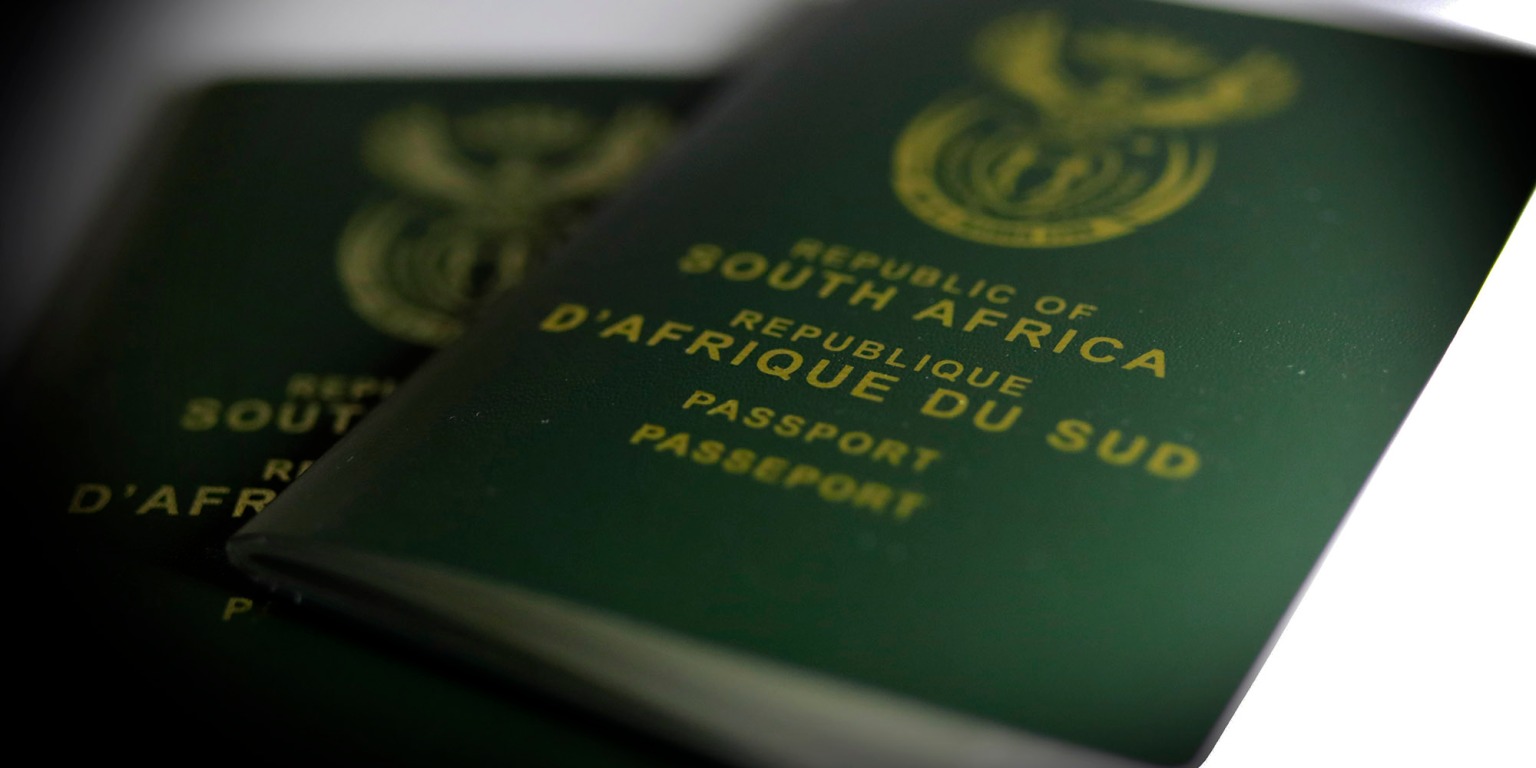The world is opening up for South African travellers as the latest Henley Passport Index shows that the South African “Green Mamba” passport has increased in power, opening up several new countries that South African passport holders can travel to visa free.
The index showed that South Africa’s visa ranking increased by 10% between 2024 and 2025, improving from 53 to 48 and breaking South Africa into the top 50 globally for the first time in 10 years.
Speaking to eNCA, Home Affairs Minister Leon Schreiber said the stronger ranking was good news for Green Mamba holders because mobility had increased for South Africans relative to other nations.
“That is a good thing not only for people who wish to travel, but economically because it reflects the growing ability of South Africa to hold its own as a country that can travel and engage with the world,” Schreiber said.
The minister chalked up the improved rating to the current reform processes at the Department of Home Affairs, adding that the department would continue with the reforms to encourage visa-free entry to more countries in future.
Also read: Schreiber’s big five fixes — can Home Affairs’ five-point plan resolve SA’s immigration crisis?
The reforms include making South Africa passports secure by introducing biometic e-passports, in addition to streamlining and digitising the department’s processes.
What does this mean for SA travellers?
South African passport holders can now travel to 106 countries, mostly in Africa, Asia and South America without a visa. While the number of countries South Africans can travel to without a visa has increased, there are many countries particularly the US, UK and the European Union where visas are still required and the criteria are notoriously restrictive. The recent rankings also highlight an unfortunate disparity in the power of different passports, particularly those in the south.
According to consulting company Henley and Partners, fragility (the level of violence/unrest in a country, measured by bombings, terrorist attacks, ethnic conflict, and organised crime), elite factionalisation, state legitimacy, and the size of an internally displaced population influence the strength of a passport, and therefore freedom of movement.
Exclusion from the global economy
Beyond the optimism surrounding South Africa’s new ranking lies a complex web of sociopolitical factors that highlight the disparities and restrictions African passport holders face when trying to travel abroad.
These disparities extend beyond leisure travel. African scientists, civil society leaders, and businesspeople frequently encounter obstacles when trying to attend international conferences or conduct cross-border trade. Invitations, funding, and credentials often fail to overcome the barriers posed by visa rejections or processing delays.
These restrictions don’t just block individual opportunities, they inhibit economic growth and development. Regional trade, for example, is severely hampered by onerous visa requirements and inefficient border policies. In many cases, African nationals find it easier to travel to Europe than to neighbouring countries, a paradox that underscores the continent’s internal mobility challenges.
“The strength of a passport is a regressive tax. The poor and previously disadvantaged pay the highest price — not just in money, but in opportunities lost,” Professor Loren Landau from Wits University’s African Centre for Migration & Society told Daily Maverick.
Migration policies and the dangers of metrics-driven governance
Landau said that while rankings like the Henley Index weren’t political tools, they influenced policymaking.
“There are many schemes to try to keep Africans from moving, and the efforts to keep Africans, and other poor people, from moving makes visible the other things that feed into that ranking. It makes visible issues of corruption, irregularity and irregular border crossings. We see a lot more of these things, and that feeds into those rankings,” Landau said.
She added that governments in Africa, eager to climb the ranks or secure international aid, often adopted restrictive migration policies that prioritised the demands of Western nations over the needs of their citizens.
For South Africa, this has manifested in heightened border security measures and stricter migration controls. While such policies might make the country appear more “respectable” in the eyes of global powers, they come at a cost.
“The danger of chasing these metrics,” Landau explained, “is that African governments end up tightening borders to appear compliant, even at the expense of regional integration and economic opportunities.”
As Landau aptly put it: “We need to open our eyes fully to the costs and benefits of migration and make policies that maximise those benefits.” Only by embracing a more inclusive approach to mobility can Africa unlock its full potential and challenge the deeply entrenched inequalities that limit its progress. DM




